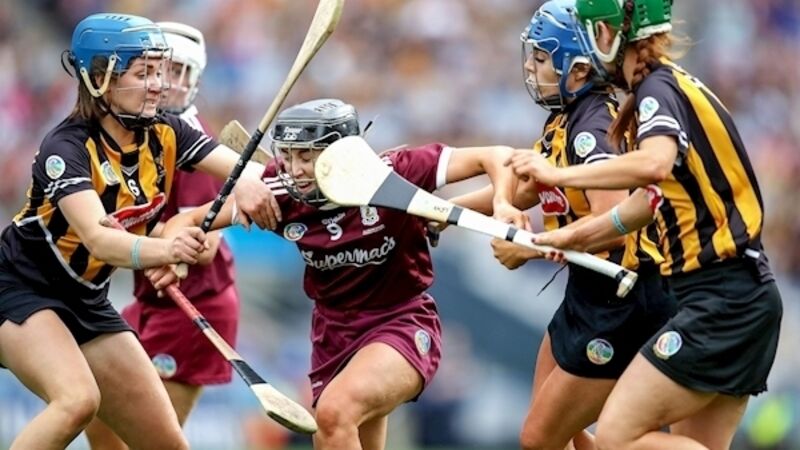Camogie to permit 'minimal' contact and frees from the hand in trial rules

'Minimal' contact and frees from the hand will be permitted in camogie as part of six potential rule changes being trialled.
The handpassed goal and deliberately dropping the hurley will also be banned under the experimental rules.













